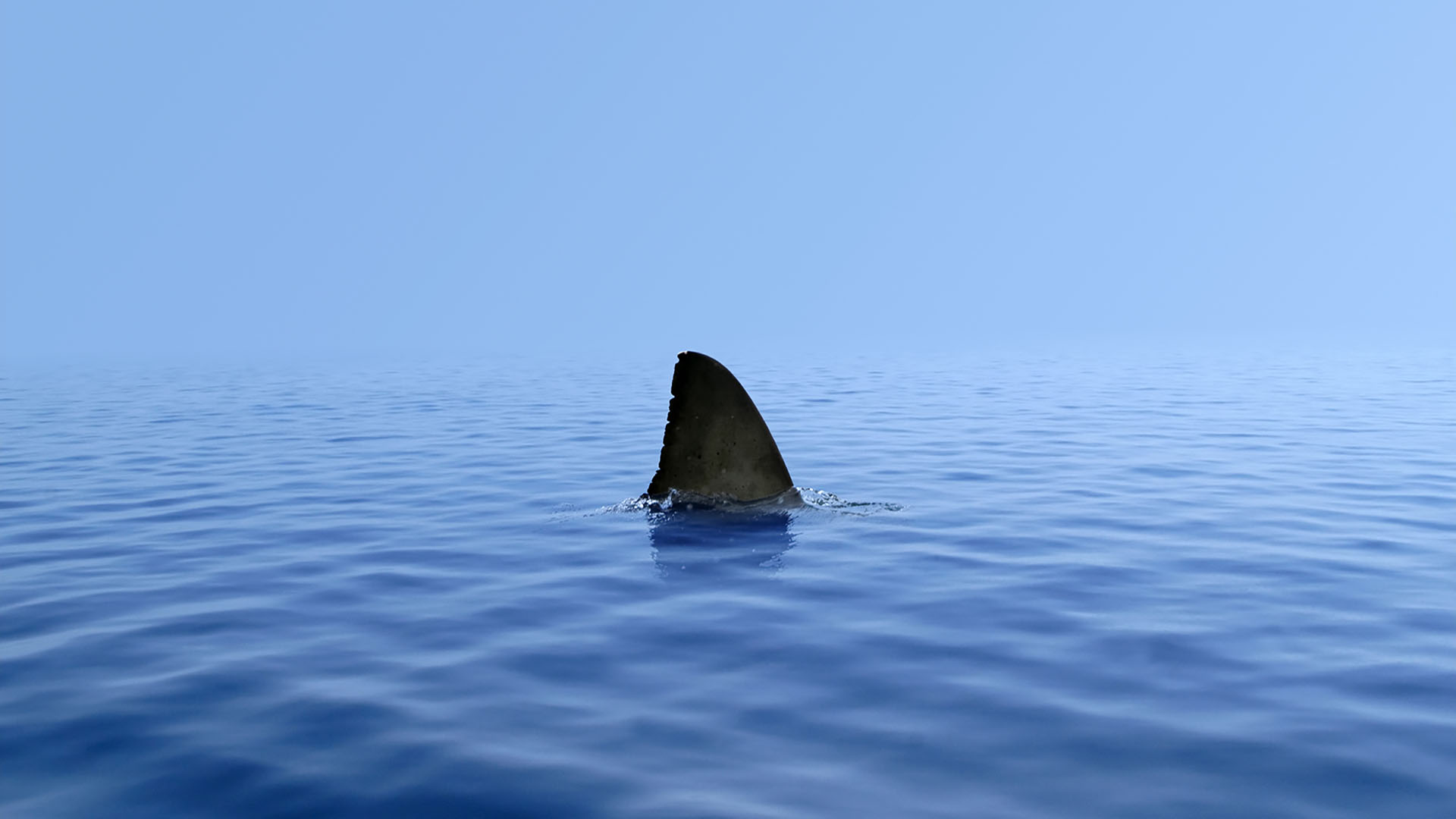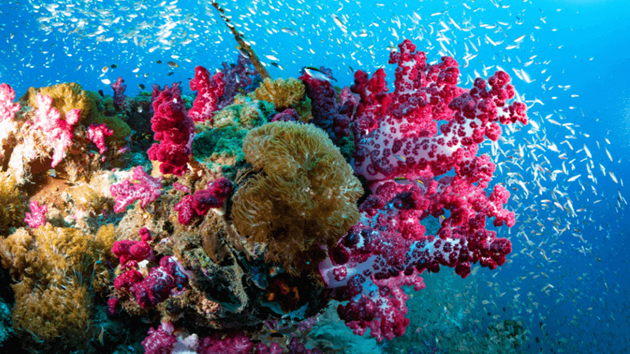Sharks play a vital role in our ecosystems, but approximately one in three shark species is threatened with extinction. Misconceptions and misinformation about sharks make it hard to help protect them.
People misunderstand sharks
The old media adage of “if it bleeds, it leads” is never more true than when a shark is involved. Despite the incredibly low risk of death by shark attack (1 in 4,332,817 to be exact) and the fact that most people don’t live anywhere near them, more than half of all Americans admit to having a fear of sharks.
A big reason for that is how sharks are portrayed in the media. Because most of us don’t live just steps from the ocean where a great white shark might roam, we get our opinions of sharks from news, movies, and TV. And much of that coverage is negative.
It’s quite possible it all started in 1975 when Jaws hit theaters. In fact, “the Jaws effect” is a phenomenon where people have an “excessive and irrational” fear of sharks. Many credit the film with instilling in them a fear of sharks, but it also led to an excessive amount of shark trophy hunting. In fact, the number of large sharks in North America’s east coast declined by as much as 50% in the years following the film’s release.
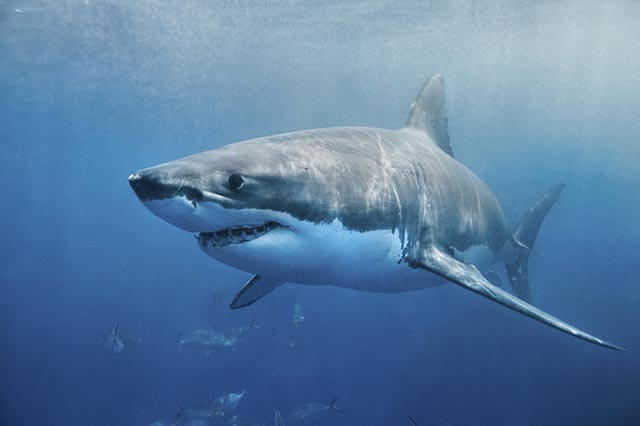
Today, shark scientists and conservationists still have to work hard to combat the hysteria that can ensue after a shark incident.
“Whenever there's a shark bite anywhere in the world, it's front page news everywhere in the world,” says award-winning author and marine conservation biologist Dr. David Shiffman. “And it leads to this impression that sharks are blood thirsty monsters that are going to kill your whole family, and it's just not true. It leads to persecution of sharks and lack of support for shark conservation.”
The only way to combat this is with public education. (We’d recommend starting with Dr. Shiffman’s book, Why Sharks Matter: a deep dive with the world’s most misunderstood predator!)
Why we need healthy shark populations
The public’s view of sharks as blood-thirsty human hunters – or even just predators to be deeply feared – is damaging to shark conservation efforts. And we need sharks.
“We are better off with healthy shark populations off our coast than we are without them,” says Shiffman.
“Predators like sharks help keep the food web in balance. By eating prey, they keep those prey populations from exploding out of control and unravelling the whole food web. When you hear about survival of the fittest, predators are a big reason why the not-fit don't survive. And that has really important evolutionary roles.”
Without predators, populations of species lower on the food chain can grow too big, which can put too much pressure on the species they feed on, and so on. It can be a vicious circle. Healthy shark populations are critical to healthy ecosystems.
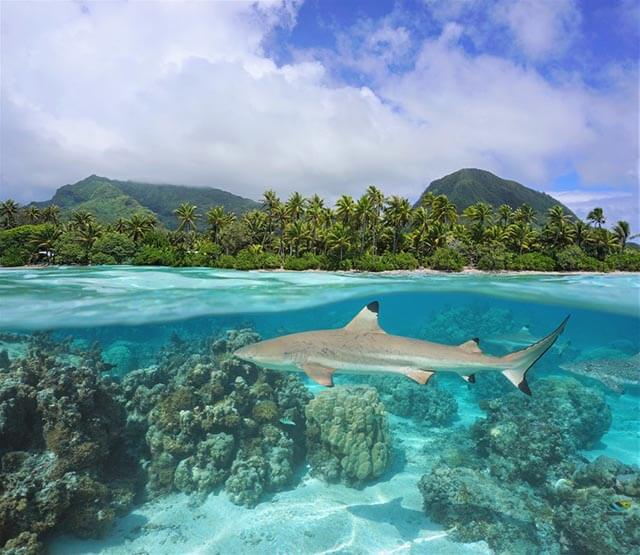
Why do sharks need protection?
A third of all known species of sharks are threatened with extinction.
Despite the increase in trophy fishing back in the 70s and 80s, the biggest threat to sharks is overfishing.
“This includes , but is not limited to, shark finning and the shark fin trade,” Shiffman notes. “Even though that is the only issue that a lot of people have heard of, it is very much not the only issue nor the biggest issue.”
Shiffman explains that sharks are particularly vulnerable to overfishing because they have “relatively few babies, relatively late in life, relatively infrequently.”
This means that each shark baby is better able to survive than salmon, for example, which opt for quantity over quality, laying anywhere from 1,000-17,000 for just a handful (1%) to survive to adulthood.
But that means there aren't very many young sharks at any given time, and that means populations cannot bounce back quickly from overfishing or other threats.
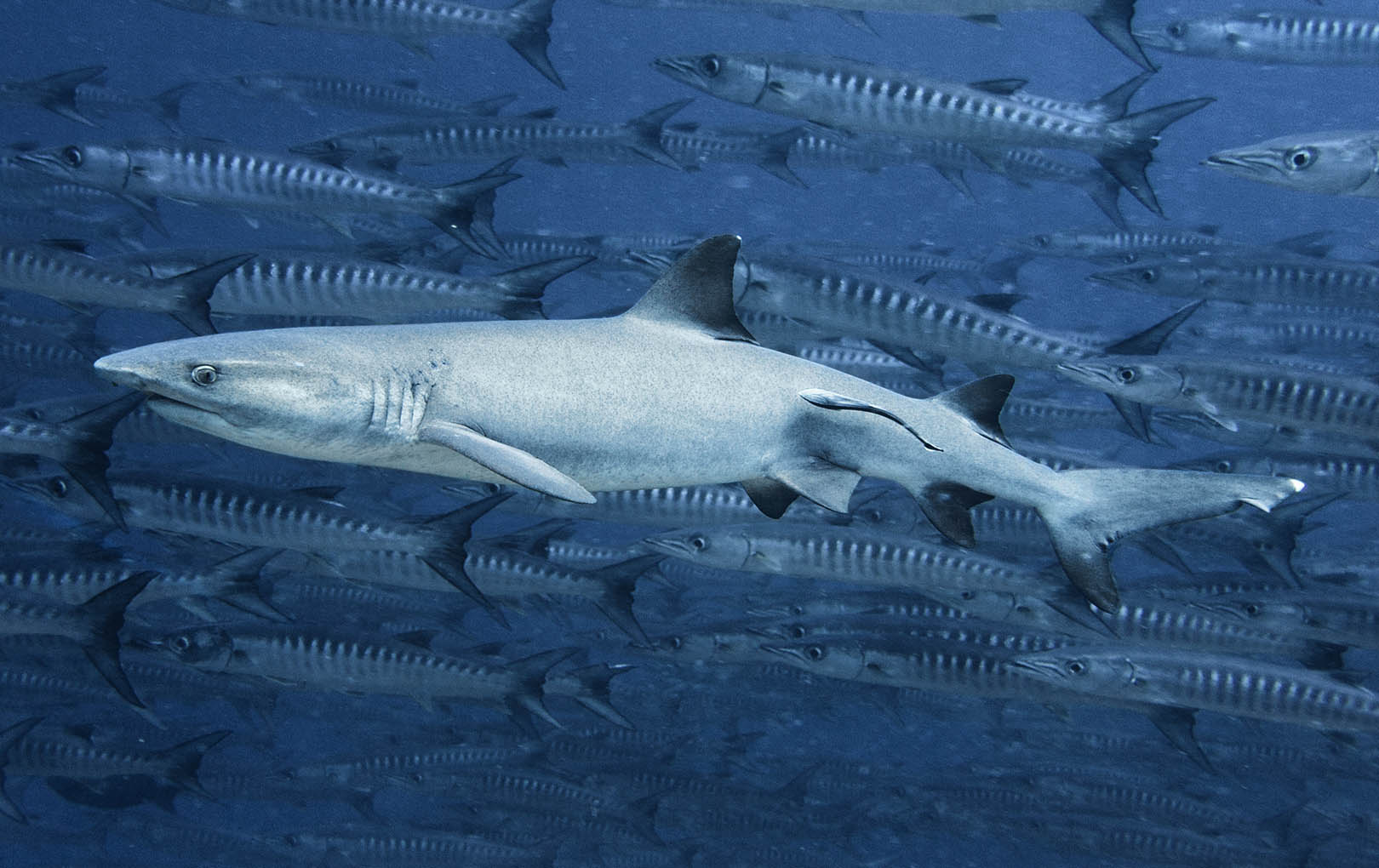
How can we help sharks?
Public education – helping people see the importance of sharks instead of fearing them – will go a long way toward improving shark conservation. After all, people protect what they love, and it’ll be a lot easier to conduct more research and implement new policies if more people love and appreciate sharks.
One way to protect sharks now is through sustainable fishing.
While it may seem counterintuitive, Shiffman explains: “sustainable fisheries management can help to protect sharks in a few different ways. One is of sustainable fisheries for sharks themselves. Some of my survey work of scientists and environmentalists and fisheries managers all over the world has revealed that this is an overwhelmingly popular and well-established idea that sustainable fisheries for sharks can and do exist.”
Another is reducing the impact that other fisheries have on sharks, such as bycatch or habitat destruction. MSC certified fisheries must prove that they are minimizing their impact on the surrounding environment, which includes mitigating interactions with endangered, threatened, or protected species.
For example, fishery managers in a Western and Central Pacific Ocean tuna fishery are currently researching the most effective handling and release techniques for accidental shark catches. They’re also conducting on-board training of fishers on how to safely handle, tag, and release sharks to improve shark survival rates and increase data collection.
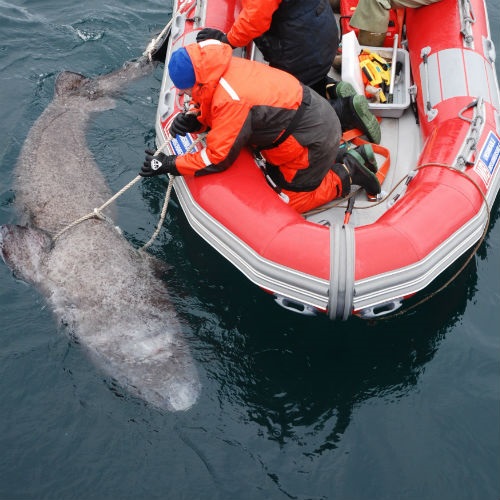
How can you help?
One thing we can all do is remind our shark-fearing friends that sharks are not the threat they’re often portrayed to be, and that they need our help
Shiffman reminds us that “not only are sharks not a significant threat to people in a typical year; in fact, more people die from flowerpots falling on their head from above when they walk down the street.”
Another way to help sharks is to make the switch to MSC certified sustainable seafood. Of course, deciding to eat shark from a sustainable fishery is a deeply personal decision, but, you can help sharks just by buying seafood with the MSC blue fish label. MSC certified fisheries are continually working to reduce their impact on the ocean, including interactions with sharks, making certified sustainable seafood a good choice for healthy fish and shark populations.


